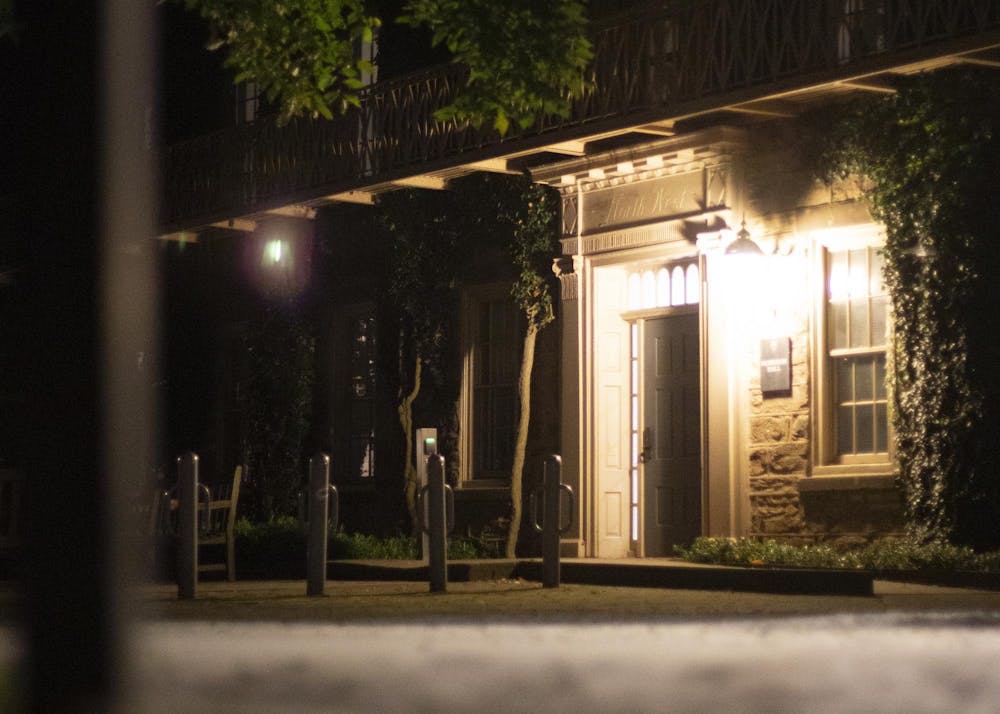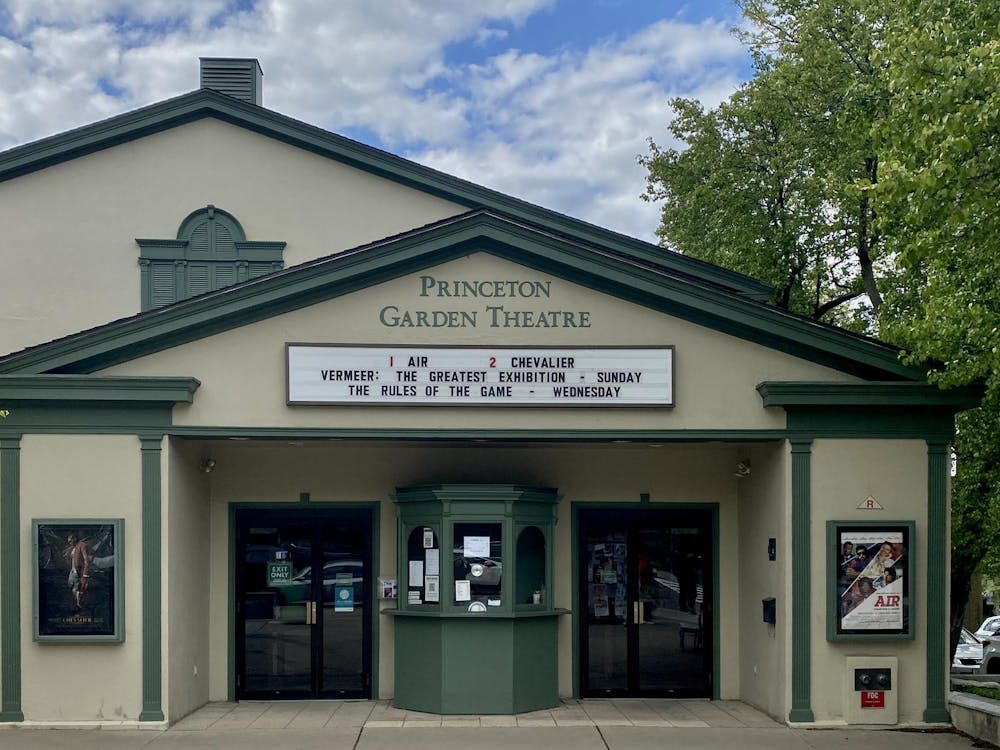Ten years after the creation of the Princeton and Slavery Project, recent events affecting the University and the state of New Jersey have renewed conversations surrounding the project, with a focus on exploring new possible applications.
At the New Jersey Reparations Council’s (NJRC) first virtual public hearing in late September, Isabela Morales GS ’19 presented the Princeton and Slavery Project. Morales has contributed over ten “stories” to the project.
In an interview with the Daily Princetonian, Jean-Pierre Brutus, senior counsel at the New Jersey Institute for Social Justice’s (NJISJ) Economic Justice Program and convener of the NJRC, explained the importance of exploring the history of slavery at academic institutions in the state.
Brutus said that universities “owe [their] existence to the benefits of slavery” and therefore have a responsibility to produce reports, like the Princeton and Slavery Project, that can influence public awareness. He added that New Jersey was often known as the “slave state of the north,” and that he hopes the council will dispel the “myth of Northern exceptionalism.” New Jersey was the last state in the north to abolish slavery.
The NJISJ created the New Jersey Reparations Council earlier this year, which aims to serve as “the first-of-its-kind commission to finally confront and repair New Jersey’s deep and often overlooked involvement in slavery and its lasting impact on the contemporary life of Black people in our state,” according to NJISJ’s website.
The Princeton and Slavery Project was founded in 2013 by professor Martha Sandweiss during an archival research seminar focused on the University’s historical relationship with slavery. Since then, the project has grown into a larger digital history project, overseen by Professor of History Tera Hunter, that includes stories and primary sources on the University’s history with slavery.
Among other findings, the project’s research showed that the University’s first nine presidents were slave owners, including at least five who lived on campus in the Maclean House. The project’s website called the president’s house the “center of slavery at Princeton” between 1752 and 1822.
While several peer institutions have introduced similar projects that document the history of slavery on their campuses, Princeton’s project is unique in that it continues to be led by faculty-initiated research. This looks different than at other universities, where such initiatives have been institutionally sanctioned, such as with Brown University’s Slavery and Justice Report.

Hunter also noted that the project at Princeton is “completely accessible and open to the public.”
In an interview with the ‘Prince,’ Vice Provost for Institutional Equity and Diversity Michele Minter discussed the steps the University is currently taking to “maintain a campus culture that is equitable and inclusive,” including developing partnerships with the Princeton University Preparatory Program and the Princeton Alliance for Collaborative Research and Innovation, as well as “updat[ing] systems and structures that improve the equitable experience of our students and employees.”
Minter said, “We continue to take steps to learn about and respond to that history through activities such as the dedication of Ikeda Arch and Laura Wooten Hall.”
Ikeda Arch was named in honor of Princeton’s sole Japanese student during World War II, Kentaro Ikeda ’44. Laura Wooten Hall was dedicated to the longest-serving U.S. poll worker, who also worked as a Campus Dining staff member for over 27 years. Both dedications were made in October of last year.

Expressing similar sentiments, Hunter discussed the possibility of expanding the project’s applications beyond research, saying “What do we do next now that we have this information?”
As the project reaches its tenth birthday, Hunter pointed to current events such as the Supreme Court’s ruling on affirmative action during the summer as indications of its continued relevance, reinforcing the importance of “understanding the history of how we got here.”
Abby Leibowitz is a staff News writer for the ‘Prince.’
Ethan Caldwell is a News contributor for the ‘Prince.’
Please direct any corrections requests to corrections@dailyprincetonian.com.








